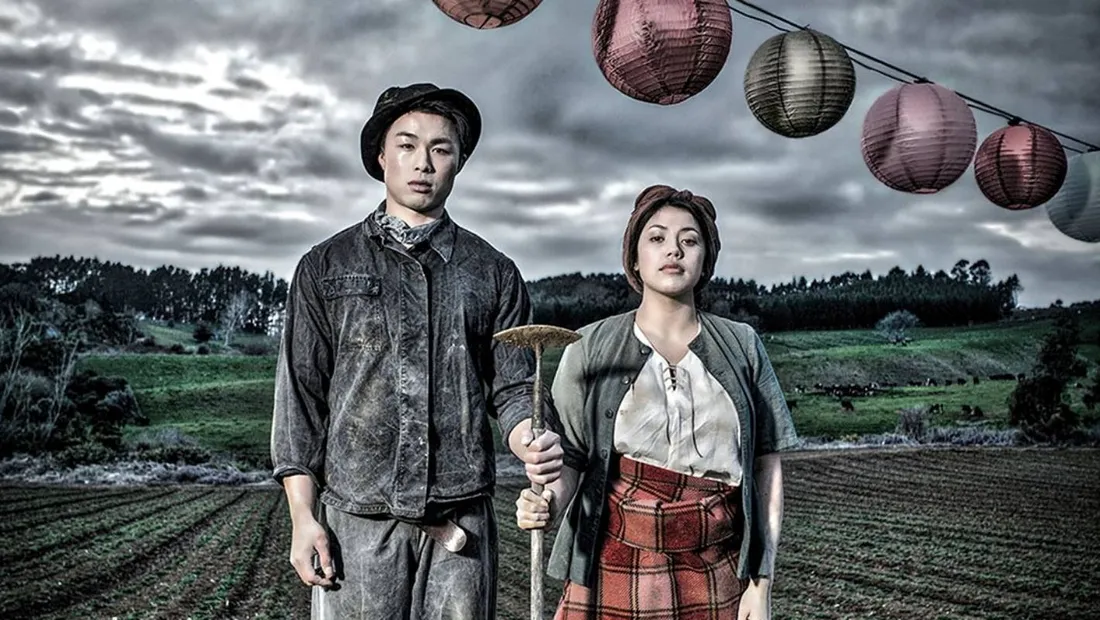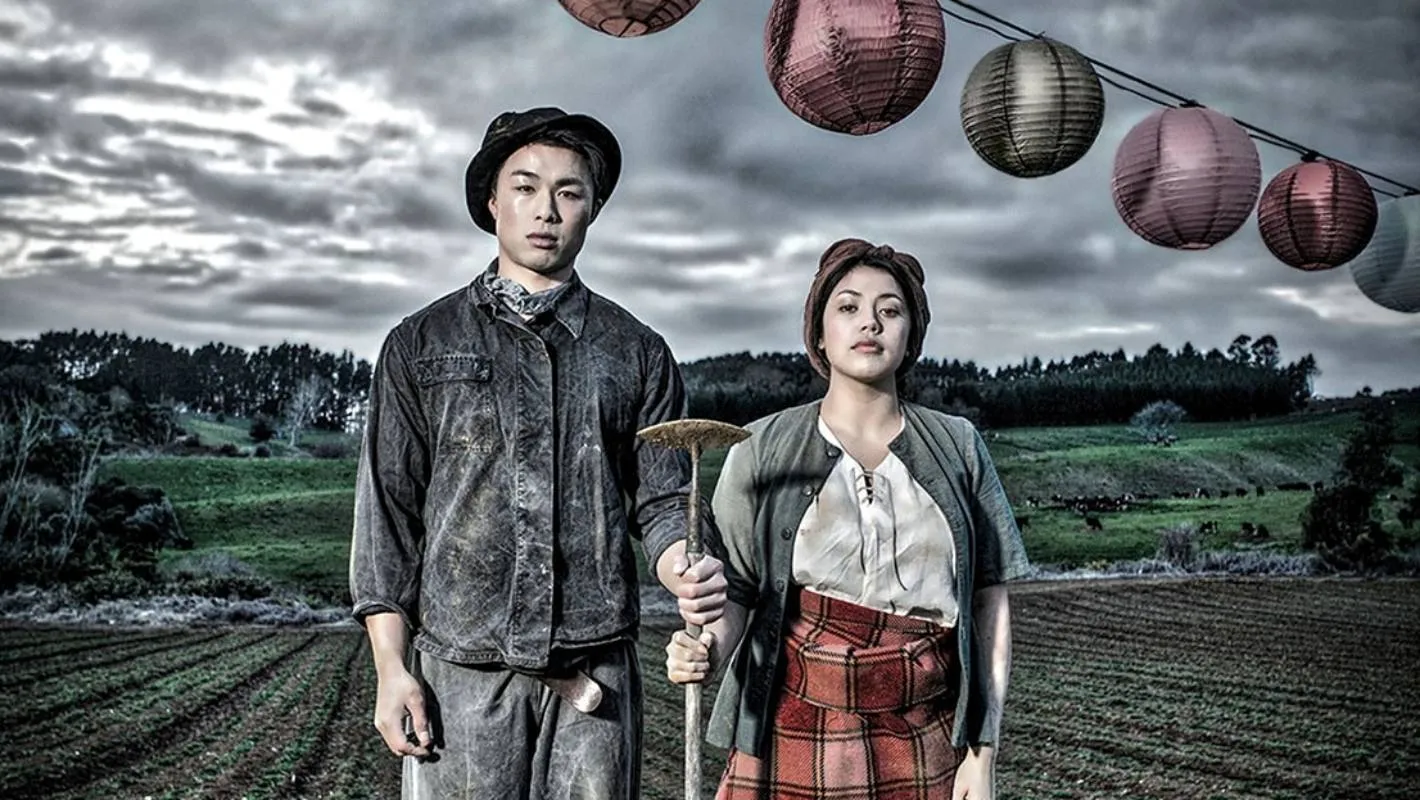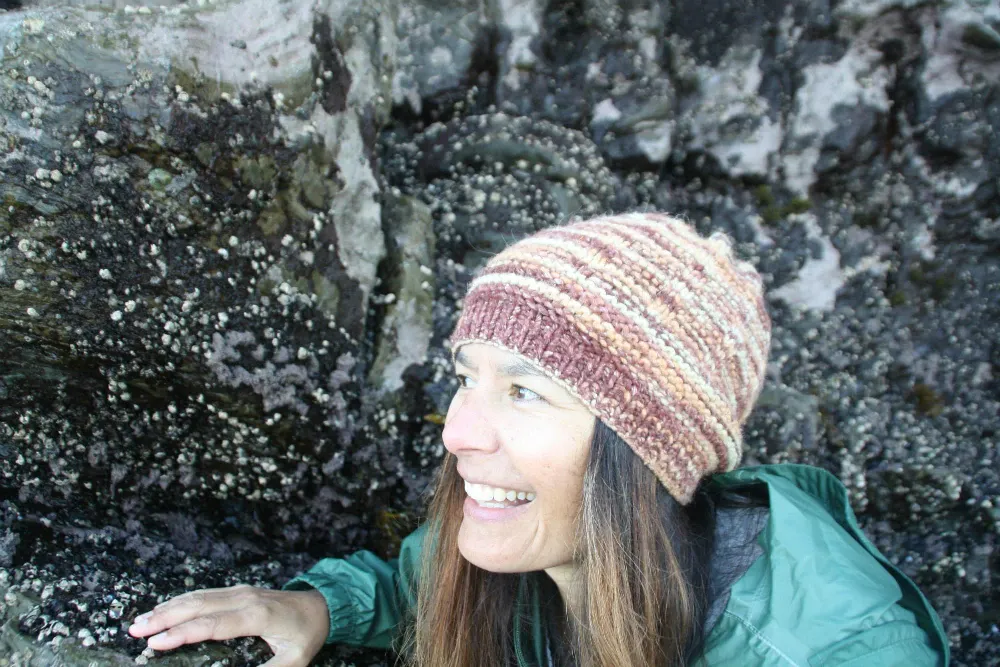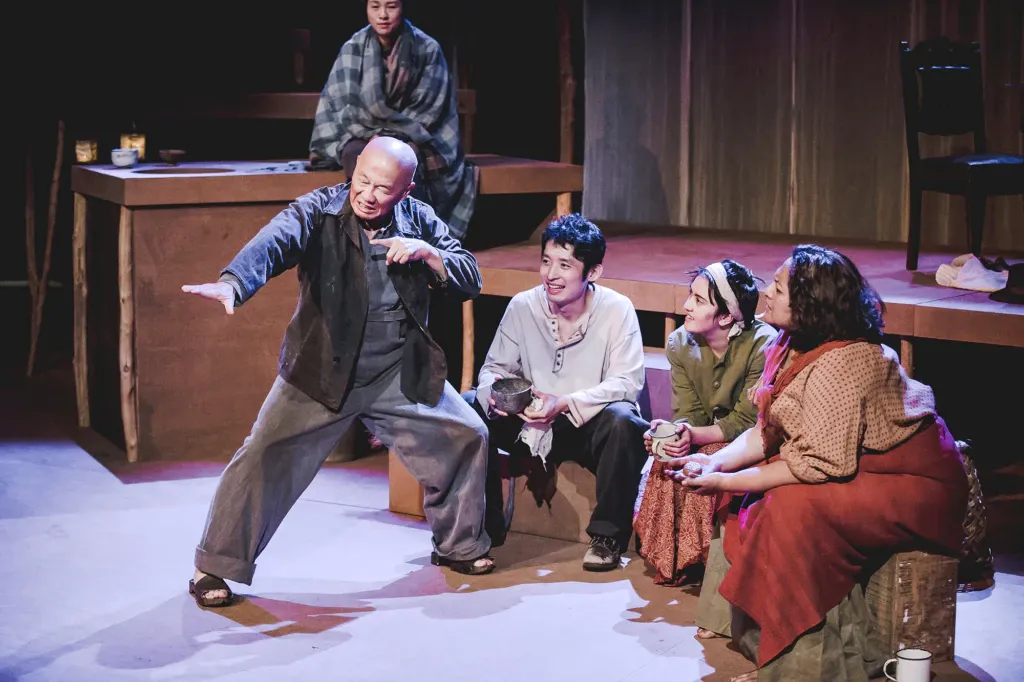When worlds collide
Written by


Award-winning playwright and academic, Mei-Lin originally wrote her play, ‘The Mooncake and the Kumara’ as a 10-minute piece with her cousin. They wanted to create a theatre show about how their grandfather (from Southern China/Guangzhou) and their Nan (from Taranaki via Wanganui via Waikato) met.
Today, The Mooncake and the Kumara is a full-length play and has been performed up and down the country to glowing reviews. I understand that the play premiered at Auckland Arts Festival and sold out well in advance, not something a new local work often does.
Keen to find out what had gone down since then, I sat down and spoke to Mei-Lin about the trials and tribulations of screenwriting, the perils of translating and New Zealand’s tight-knit market garden community.
The play was a while ago, have you been working on anything this year?
Well, I am working on turning the play into a screenplay. My cousins Kiel and Kerry McNaughton, they have a film production company (Brown Sugar Apple Grunt Productions). We’d talked for years about turning the play into a screenplay.
They applied for New Zealand Film Commission funding, and got some funding from them, a little bit of money for me to work on the first draft of a screenplay for a feature film. So I’ve been kind of doing that for the last three years (laughs). We’ve had some good support, but it’s been a different kind of beast to playwriting.
I’m also tinkering around with some ideas for a TV series with my cousins as well. They’re the team who produced the films Waru and Vai. I’m really lucky to have them as cousins.

Mei-Lin Hansen.
They’re helping you out with the screen writing?
Yeah, they’re the ones who apply for the funding and give me moral support and prod me along.
It’s quite a different process to screenwriting.
Oh yeah, I find writing for theatre so freeing, there are no restrictions. It feels weird to say that. The film stuff has this method and this formula and I'm not bold enough to break that yet.
I was reading when I was researching this that you wanted to take the play to China.
I forgot I even said that! Yeah, we wanted to. When it was in its first production in 2015 we were talking about the possibility and I always thought it would be really cool to go back to my grandfather's village and perform the play there. We haven't really gone any further than imagining what that would be like. Mainly because it takes so much energy to keep up the momentum of things like this. And also the actual logistics of it, like it would have to be translated into the dialect of the village.
I used to work for Boosted so I helped with the crowdfunding of one of the productions.
Yeah? I’m glad we did it, as well as being a good way to raise money, it also raised awareness of the show. And it got this group of loyal followers because they had invested in the project.
Yeah, that's one of the things crowdfunding is good for. Once people have donated they feel so invested in your work.
Yeah they’re kind of like shareholders, but returns for them is seeing the final product
I was reading that the market garden community came out to see you play. Is that a community you’re involved in?
So my Goong Goong (grandfather) was a market gardener and he got his kids, my mum’s generation, to work on the garden. So they’re the ones who have a direct connection to the market garden community. I had to do a lot of research into market gardening to figure out what they did in different seasons, what crops they planted, how they fertilised etc. But what was cool was when we toured to Wellington there was all these Chinese/Māori families and Chinese market gardeners. It was so neat to make those connections.
I understand you have a PhD in Māori theatre.
Hmmm (laughs).
Why hmmm?
I was quite a different person when I wrote it. I didn't have the understanding then that I do now about tikanga Māori and the Māori world. I don’t want to write it again because that would kill me, but I wish I could put a different lens on it. I get a bit whakama talking about it .
I guess I’m always fascinated by artists who have an academic background compared to those that don’t that do similar art forms.
I’ve always been involved in theatre, amateur theatre and stuff. Even when I was at the University in Auckland, I did a diploma in drama before I did my PHD, so there’s a cross over into the practical side of it and not just the theoretical. Also when I was doing research for the PhD I spent heaps of time at plays and interviewing the playwrights and the playmakers. So there was a real cross over from the theoretical to the practical. And I realised my true heart lies in the playwriting, not in academic writing.

The cast of The Mooncake and the Kumara. Photo by Julie Zhu.
I heard that the play was in English, te Reo Māori and Cantonese, are you fluent in those languages?
Kao, no not at all, maybe English at a stretch. When I wrote the early version of the play I was learning te Reo Māori and it was very basic and I had no Cantonese. The very first draft one of my flatmates and a good friend spoke Cantonese so I got him to translate. Then subsequently Yee Yang Lee, he’s a producer for the Modern Māori Quartet, they helped me and then Kelly Ngan, a friend of Yee Yang Lee’s did the final translation for me. You kind of have to let go, I’d written all of it in English, and had to trust the translators that they had captured the essence of what I’d written in English.
Something funny that happened was, I invited my whanau from China cos they all live in New Zealand now. One of my cousins came up to me afterwards, and he really enjoyed it, but he said they’re not speaking the Cantonese of the village (laughs).
It must be so tricky because you want to get the flow of the words and have it make sense.
Yeah and also the poetry, so I don’t know if the poetry was being retained or if it was becoming more prosaic.
What have you got planned for the future?
Basically that screenplay, and I do have an idea which I’d really love to start working on. My brother lives in Japan. I want to write a play about him being a Chinese/Māori New Zealander and going to this place that is deeply monocultural. And also bringing in the Ainu people, who are the indigenous people of Japan. Their culture has more or less been wiped out of the history of Japan. That’s all very vague, but I think there’s something quite cool to explore.